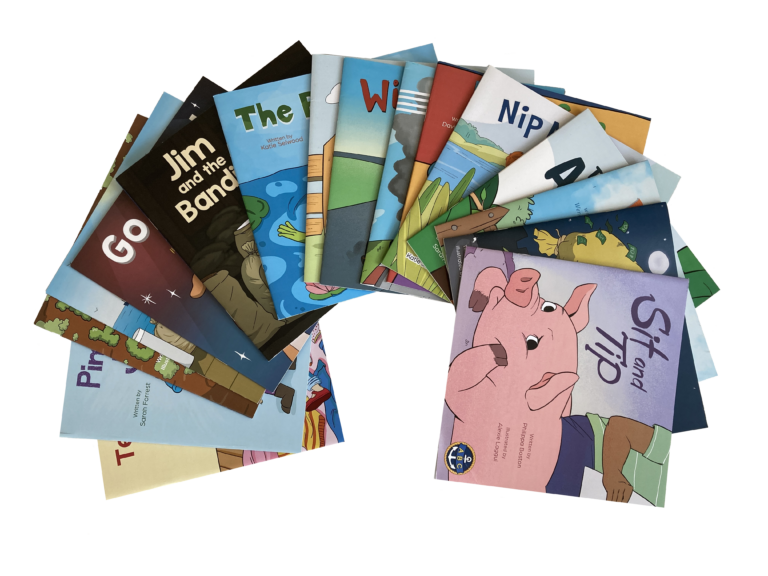Why Rereading the Same Book Won’t Lead to Faster Progress
by Katie Selwood

It has become common to send a child home from school with a reading book and ask them to read the book every night for a whole week. Over the course of the week the child seems to improve and begins to read the book quickly, confidently and fluently.
But is that really the case? What is really happening when you do this?
The Hidden Danger of Repetition
We have discovered that many bright children realise early on how difficult the English language is. They start to rely increasingly upon their strong visual memory to memorise whole words and even whole books!
Some early reader books are quite easy to memorise if you are a visual learner. The words are short, match the picture, and often repeat on each page. This gives both parents and teachers the impression that the child is reading fluently when really they are just storing the book in their memory and barely looking at the text.
The biggest clue with this is when a child reads a word fluently on one page and gets it completely wrong on the next page. You will see it mainly with the short interchangeable words, like this, that, then, those, these.
Children who read in this way often do quite well for the first few years. These children can mask the fact that they are relying upon their memory rather than their reading ability, often until the age of 7 or 8 years old, then text becomes too complex and the memory method fails.
Maybe you are wondering “What’s so bad about using your memory to read a bit at the start?” or “Don’t we use our short-term memories to learn any new skill?”
The massive monster in the closet when a child is innocently memorising books is not that “using your memory is bad”. It’s that these children never learn to decode fluently because they almost never practise their decoding. You will see them get stuck on a reading plateau as they get older, because there are only so many words that you can memorise.
You will also see them really struggling to spell. They might be able to memorise a spelling list okay for the weekly test, but a week or two later it has gone again.
All of this, just because they have masked being able to read by memorising those early books! This is actually a very common cause of reading difficulty. The English language is not designed to be memorised, but instead decoded, sound by sound.
Reread Phrases, Not Books!
How can we resolve this problem, while still boosting fluency?
First, all reading practice should focus on accuracy rather than speed. The speed can come with practice, but you need the foundation of good accuracy first. It is also good to practise with nonsense words and words out of context, so that the only option is to decode the letter patterns to sounds.
Then, when you are reading a book, instead of rereading the book several times, we encourage rereading each phrase of 3-5 words before moving on to the next one. It should be read 2-3 times unless it was accurate and fluent the first time.
So if a phrase had a tricky word, the learner should just go back 4-5 words and reread through the phrase again before moving on to the next phrase. It’s that simple, but this will double the rate of progress for most children.
The Power of Positivity and Praise
Rereading phrases is our top tip for fluency. But layering on lots of praise is our second. Naturally many children are not enthused by rereading a phrase so it is important to recognise how hard they are working. Layer on the encouragement each time they reread!
You might be wondering how you can provide enough books if the children in your class require more than one book per week. At All Aboard Phonics we have two physical books per week of the curriculum and on our app e-library. Often each book can be read over 2-3 days without finishing it. We recommend just 10 minutes of reading in each session.
We appreciate budgets can be tight but it is so worthwhile holding a fundraiser for decodable books. Usually parents will be supportive of that. It is also always worth approaching the PTA or your local English Hub to see what funding is available.
After all, is there anything more important than getting every child reading?
